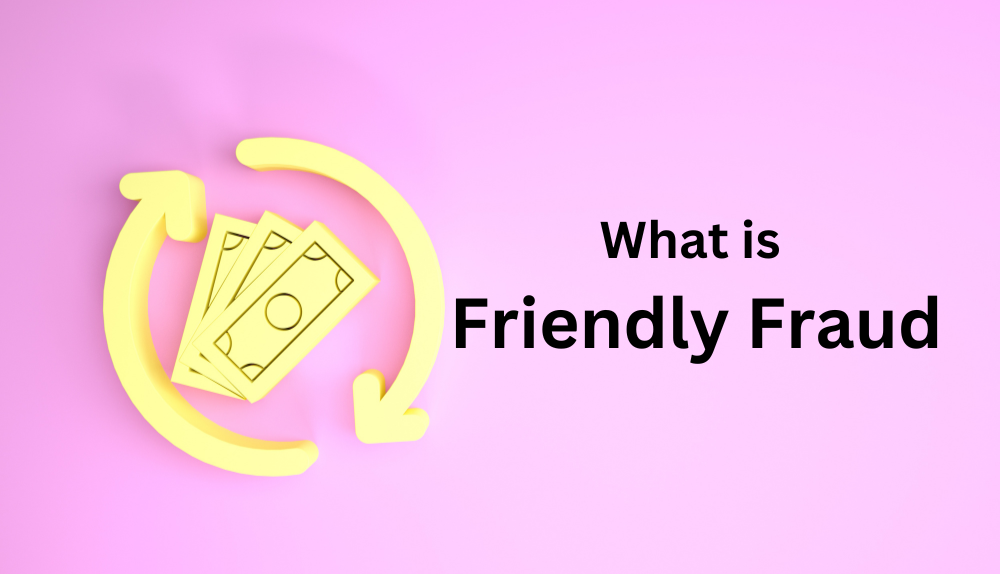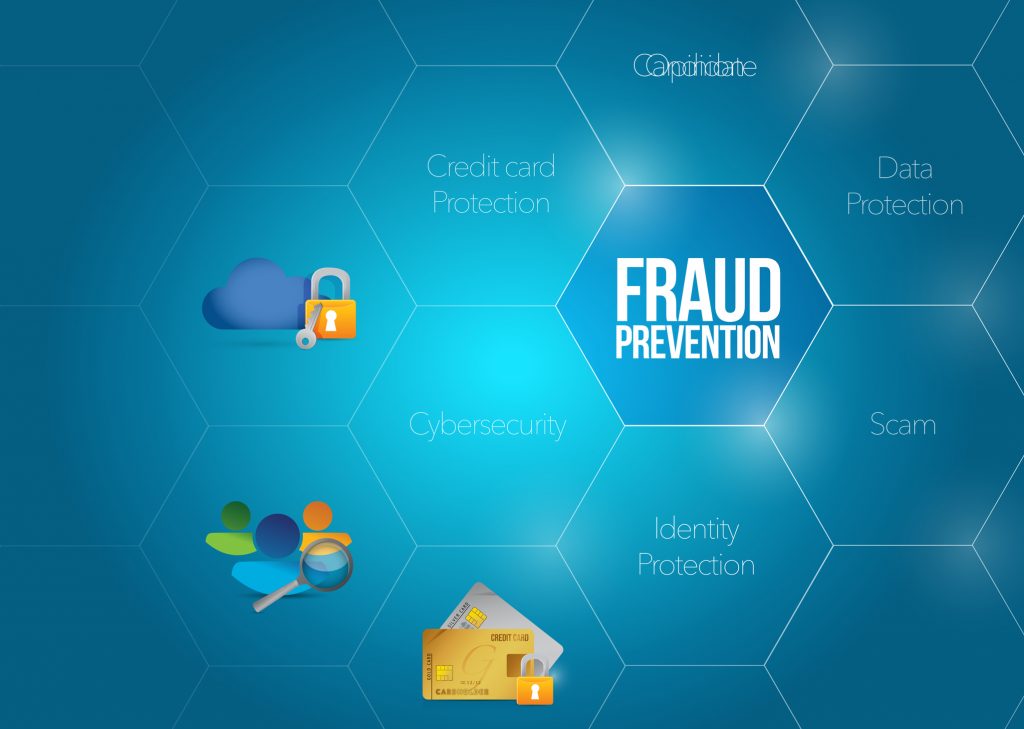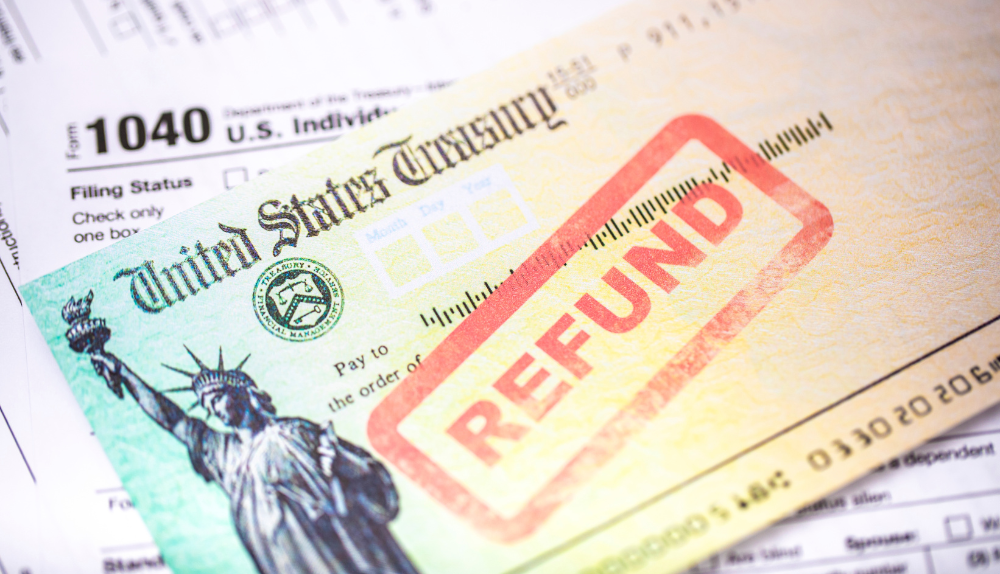
By max April 28, 2023
With the growing popularity of eCommerce, friendly fraud has become prevalent more now than ever. If you don’t know what friendly fraud is, it’s chargeback fraud where the cardholders make a transaction on their credit/debit cards and mark it as invalid or illegitimate afterward. These transactions are processed by none other than the cardholders, who turn out to be perpetrators. A cardholder may make a genuine mistake of marking a valid transaction as illegal, but in most cases, people do it intentionally.
If their chargeback request is accepted, the company they bought from will be notified that a certain amount that was earlier credited to their account is sent back to the buyer. The results can be devastating for the company. Sadly, a vast majority of businesses don’t investigate such chargebacks, nor do they file disputes against them.
Illegitimate Chargeback: How Common Are They?
Do you know friendly fraud contributes to most of the chargebacks a company receives? Sometimes, it’s because they think the chargeback might be legitimate. Some merchants don’t look into such requests simply because the process is quite complicated and fighting the chargeback can result in transaction fees, which may sometimes exceed the amount paid by the customer. So, it’s pointless.
Contrary to what you believe, you can absolutely dispute chargebacks and can get the entire amount back. Read on to learn more about friendly fraud, how to identify them, and what’s the best way to prevent them. Traditional fraud involves a professional and tech-savvy attacker who has access to the necessary tools and years of experience conducting fraud. They know how to hide their identity, location, and other factors to trick people into revealing their sensitive information.
You might think friendly fraud is less likely to occur and can be easily caught, given the lack of sophistication. The reality is that this type of fraud is harder to detect than traditional tricks. Let’s learn more about friendly fraud.
Understanding What is Friendly Fraud
Also known as chargeback fraud, friendly fraud happens when a customer buys something using their credit/debit card on the online store and disputes the charge without any valid reason. To protect the interest of customers, a chargeback is allowed in cases when the merchant has not sent the goods and services they promised, or the customer was charged an invalid amount for items they have never purchased.
It’s advisable that the cardholder works with the seller to discuss the issue and resolve their problem before issuing a chargeback. That’s why it’s often considered as a last resort, i.e. it’s issued when the cardholder has tried to contact the merchant but they are not responsive.
Causes of Friendly Fraud
As mentioned before, not every chargeback is illegitimate. Some are genuine mistakes, while others might be intentional. It’s important that merchants are aware of the common causes of friendly fraud so that they can take action when necessary. Here are the four common types you should know.
Cyber Shoplifting
Customers conduct cyber shoplifting—filing an illegal chargeback—to get their money back. They may have read somewhere that disputing a charge on credit or debit cards can help customers get their total spending back, thus allowing them to buy a lot of stuff online for free. Considering the fact that chargebacks may not always result in a fair decision, customers might try it often, costing merchants hundreds of thousands of dollars.
A customer buys something from the merchant’s store and later calls their card-issuing bank and gives a fake reason why they’d like to dispute the charge. For instance, they might say the product was damaged or different from what they ordered and the merchant is not responding to the issue. Or, they might claim that the transaction was unauthorized, i.e. they never initiated the purchase.
Confusion
A customer may also initiate a refund for a transaction they do not recognize. There’s a possibility a customer buys something online but forgets about it. They might mark the transaction as unauthorized. If you’ve ever seen an odd transaction on your credit card statement, your first instinct would be to file a dispute against the charge. People get easily overwhelmed with unrecognized transactions and dispute a chargeback before verifying the authenticity of the transaction.
For instance, if you have subscribed to an annual membership of a video streaming service, the amount might get deducted from your account annually. But, people tend to forget such memberships and file a dispute before verifying the transaction although such disputes often end in the merchant’s favor, they may sometimes be regarded as valid, returning customers the amount they paid for the service.
Customer Dissatisfaction
Another reason for the chargeback is customer dissatisfaction. There’s a chance the customer might not be satisfied with the product or services they have received and may file a dispute for the charge without even contacting the merchant first.
The most obvious reason people would do that is when they believe the merchant has intentionally tricked them into buying something that’s totally different from what was advertised. They will think it is the merchant’s fault and instead of turning to them, they will contact the bank directly. At times, customers may try to work with the merchant to fix the issue, but if the latter doesn’t respond, their last resort is the bank.
Usually, merchants mention things associated with the refunds on their terms and conditions, which takes hours to finish. If you are like most customers, you would skip this section or just skim through the details. They set their own expectations for the product instead of what was agreed upon during the account registration or purchase. This results in illegitimate chargebacks.
Family Fraud
The one-click shopping may have been a very convenient option for adults, but it also increases the risk of family fraud. The technology has made it possible for customers to store their card information on their computers, allowing kids to buy stuff using the saved card details. You may have heard of the cases where kids bought unnecessary stuff using their parent’s credit/debit card details. If parents notice an unrecognized transaction on their credit card statement, they might contact the merchant to issue a refund. If that doesn’t work, they will reach the bank.
How To Prevent Friendly Fraud
Chargeback may seem hectic and costly to deal with, but with proper documentation and evidence, you might win the dispute and get the amount back. Although chargebacks don’t always favor the merchant, there are ways you can fight them by identifying the cardholders and saving their transaction details. Ideally, you should consider preventing such fraud. These tips may help you avoid friendly fraud.

Keep a Blacklist
Identifying customers who have filed an illegitimate chargeback before will help you avoid repeat offenders. This will make it easier for the merchant to win disputes by submitting proper documentation on time.
Avoid Confusion
Sending your customers an email about the upcoming payment for a subscription or the details of a specific amount deduction for buying a particular product or service can be really helpful. Your customers will either cancel the membership or continue it. The best part, however, is that keeping your customers informed about the payment will prevent chargebacks issued due to confusion.
Offer a Flexible Refund Policy
Your customers shouldn’t feel tricked into buying something that doesn’t match their expectations. They should be able to return the product within a 5-7 day window. This ensures a fair transaction and unnecessary chargebacks. For family fraud, your best bet is to issue a refund. Customer satisfaction should be your first priority. Besides that, the fee for disputing a chargeback is considerably higher than the transaction itself. So, it doesn’t make sense to investigate such issues and give a full refund.

Keep Records
Online retailers must have all documents for each transaction handy. This should apply to every purchase your customer has made on your platform. Their identity, location, day and date of purchase, and other details must be captured so that you don’t have to waste time finding this basic information when someone files a chargeback.
As a merchant, it’s your responsibility to look into chargebacks and dispute the ones that seem illegitimate. The biggest concern with chargebacks is that even if the merchant wins such disputes, they will get only the transaction amount credited back to their accounts. They will still lose the administrative fee or chargeback fee they may have incurred to dispute the chargeback. This discourages most merchants from investigating chargeback. They avoid such issues unless the amount in question is higher than the transaction fees.
Bottom Line
Friendly fraud is becoming more and more common in this digital age. As people are aware of the chargeback requests and how they usually favor the customers, they are misusing it to buy stuff and get their money back. Merchants need to identify their customers to detect offenders and prevent such fraud from costing them unnecessarily. The above tips will help you prevent friendly fraud and win chargeback disputes.
